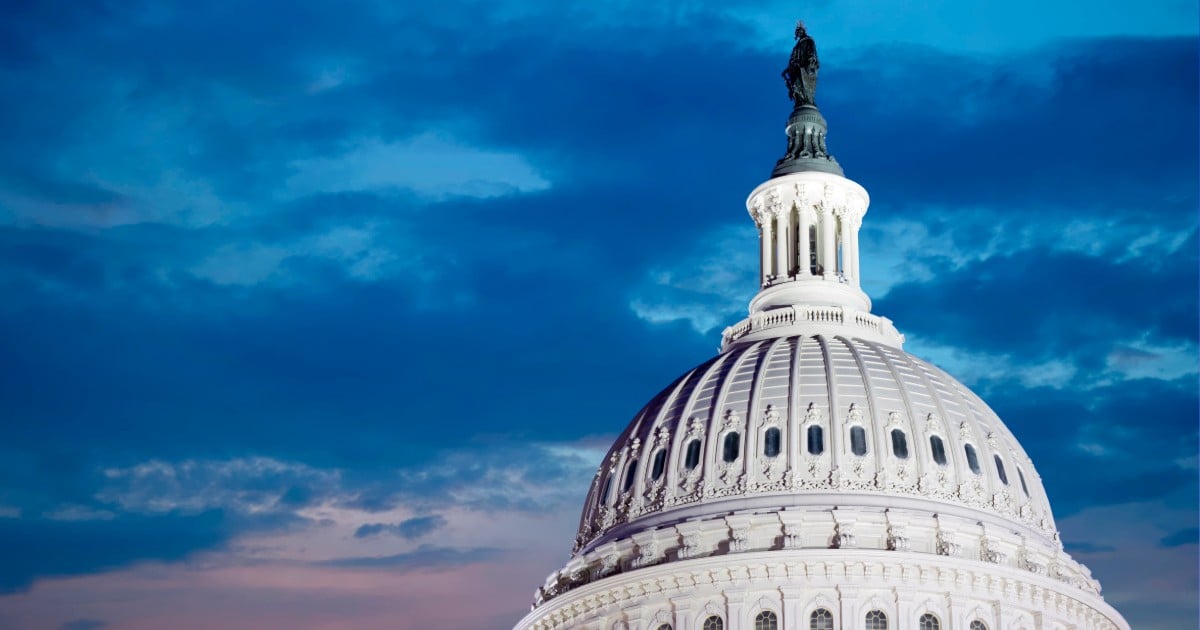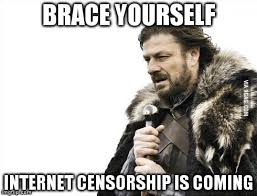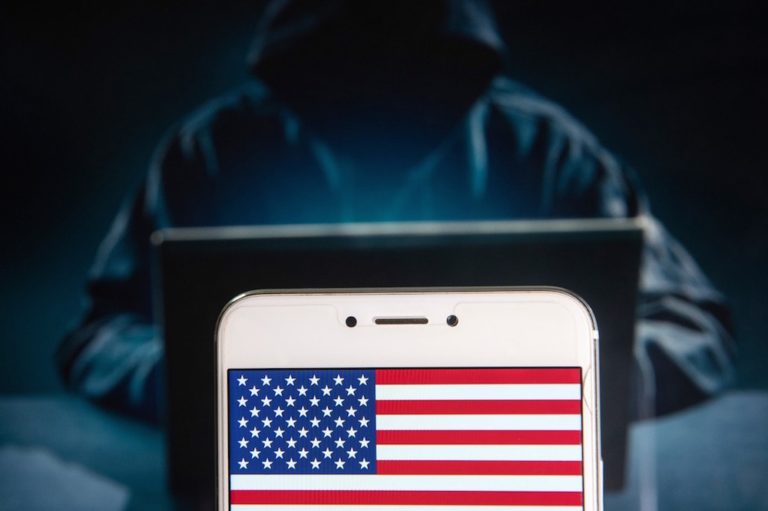Section 230 Eff

In the last several months there have been attempts to change section 230 laws.
Section 230 eff. David greene an attorney for the eff says section 230 is a victim of its own success. It doesn t need changes and it sure doesn t need this california league of cities proposal that would let cops regulate the internet. Section 230 generally provides immunity for website publishers from third party content. Section 230 says in part that no provider or user of an.
And it won in district court but then lost on appeal because the appeals court ruled that section 230 immunity does not apply for anti competitive purposes. The legislation is the democrats attempt at reforming section 230. And so malwarebytes is appealing that decision and the eff is supporting the appeal because the eff is the only one in the entire section 230 argument that has stuck to the same position it. The electronic frontier foundation has dubbed section 230 the one of the most valuable tools for protecting freedom of expression passed following two court decisions that forced early internet services to choose between moderating content and enjoying immunity from being sued over what users posted on them section 230 solved the moderator s dilemma by allowing internet services to.
Eff calls it one of the most valuable tools for protecting freedom of expression and innovation on the internet. Eff turns 30 this year. 230 a provision of the communication decency act tucked inside the communications decency act cda of 1996 is one of the most valuable tools for protecting freedom of expression and innovation on the internet. The supreme court however struck down anti free speech provisions after objections from the internet community including the eff.
People look at the biggest web companies such as. Electronic frontier foundation eff. The electronic frontier foundation has expressed disapproval for the pact bill. Learn more about us and how you can help.
This comes somewhat as a surprise since the original purpose of the legislation was to restrict free speech on the internet.



















